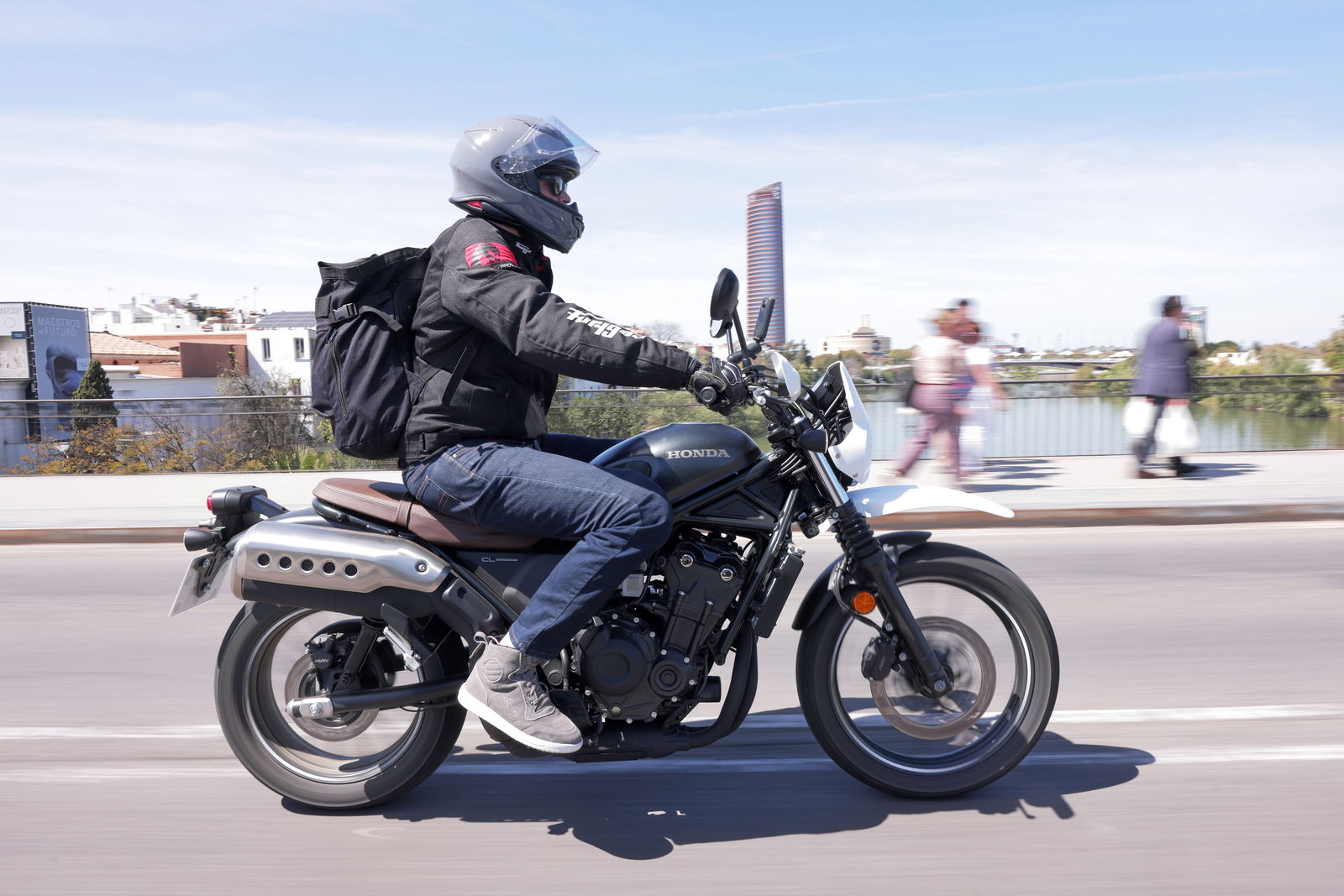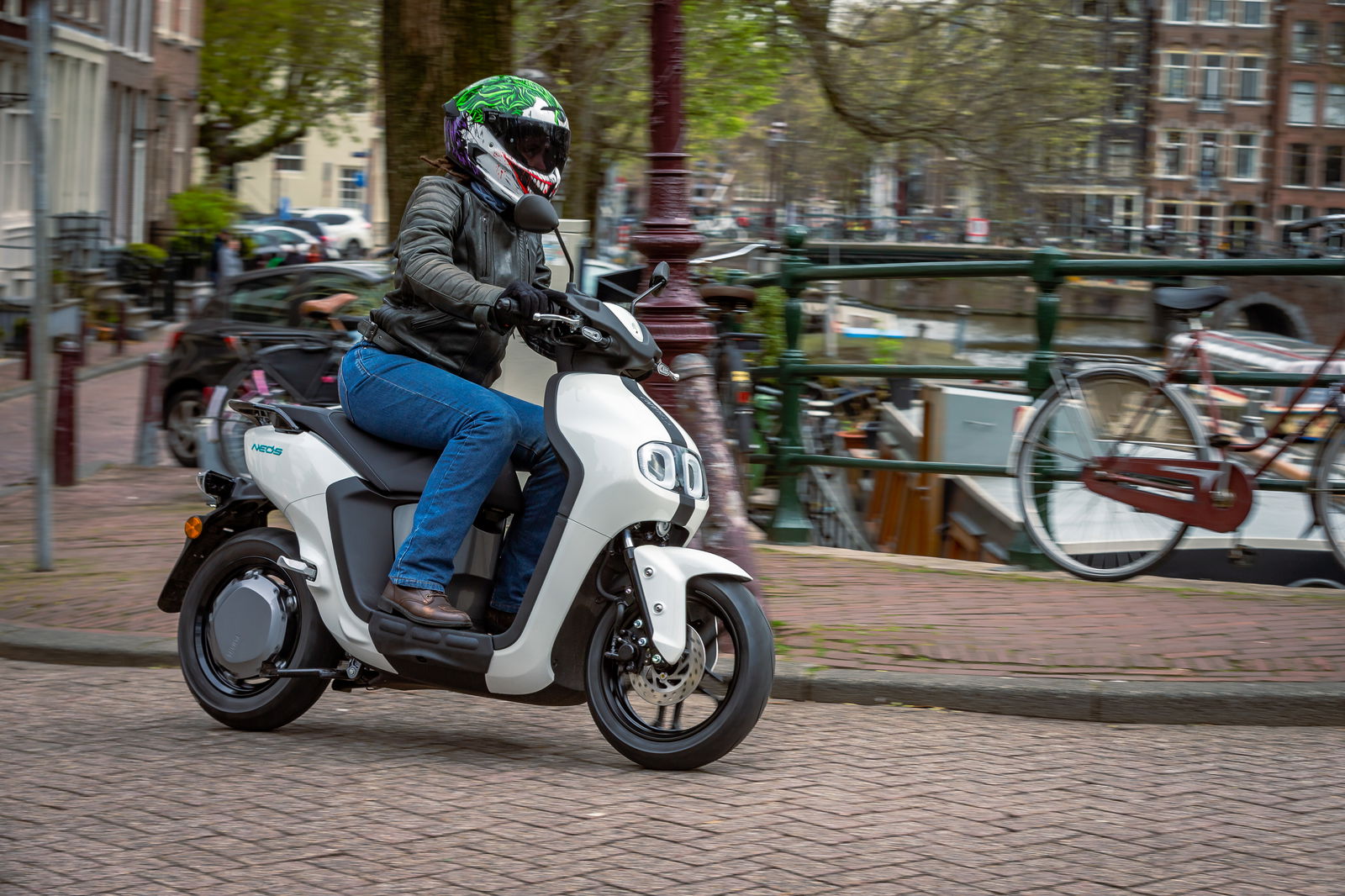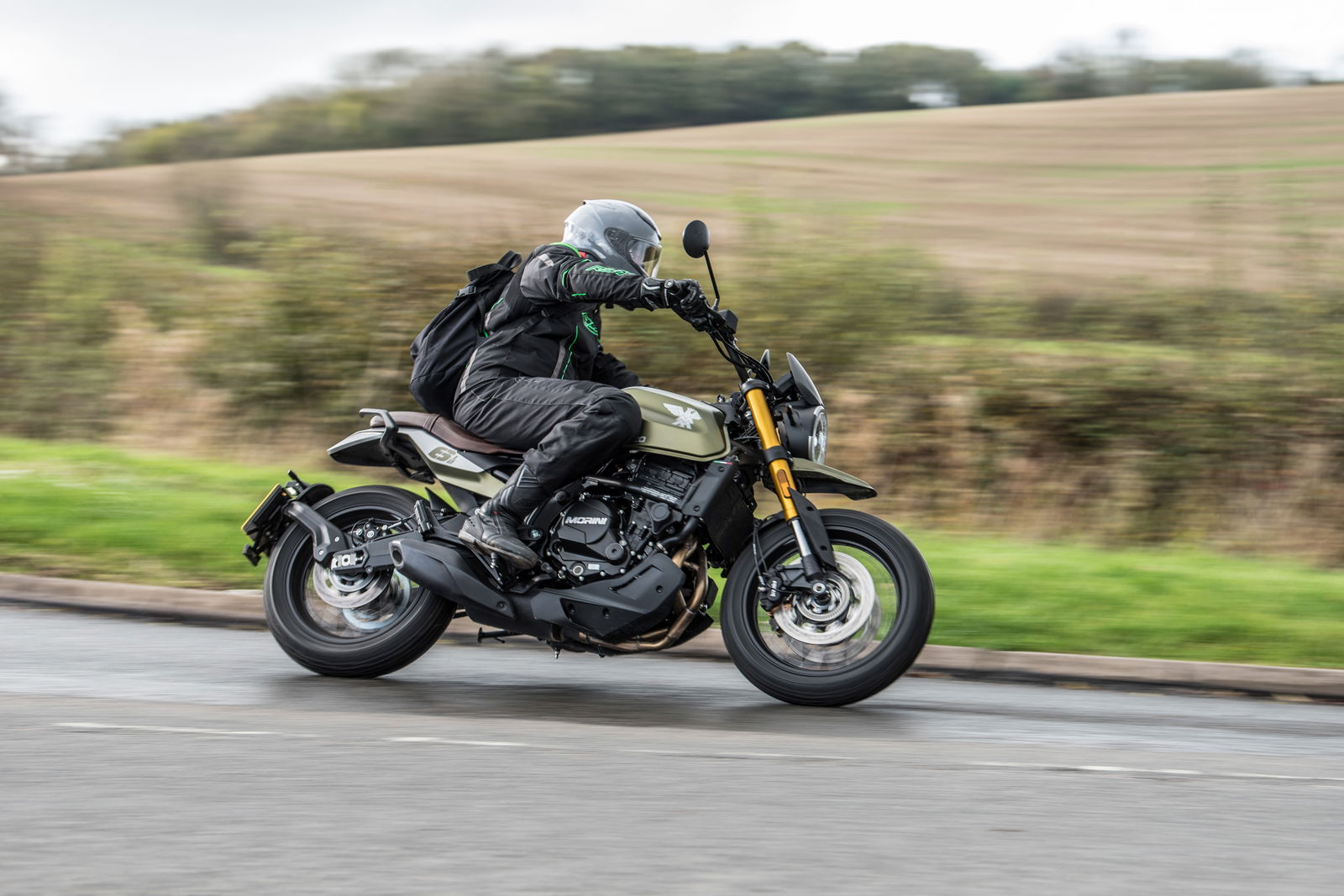NMC calls for UK government to change decarbonisation strategy
The National Mootrcyclists Council has reinforced its position that the UK government should be technologically neutral when considering decarbonisation.
.jpg?width=1600&aspect_ratio=16:9)
The National Motorcyclists Council has called on the UK government to adjust its plans for the phase-out of internal combustion engine vehicles.
The National Motorcyclists Council (NMC) wants the UK government to divert from its current course of banning the sale of new internal combustion engine (ICE) vehicles, including both two- and four-wheeled vehicles, by from 2030.

Its justification for reinforcing this position - which it, along with many other motorcycling organisations, such as the Motorcycle Action Group (MAG), has held since the UK government announced its plans last year - is the recent agreement between the German Federal Ministry of Digital Affairs and Transport and the EU Commission.
This agreement sets out the possibility for new ICE vehicles running on synthetic fuels (or ‘efuels’) to continue being sold after 2035 in the EU, by which time the sale of new fossil-fuelled vehicles will be banned in the Union.

The NMC sees this agreement, which still faces opposition within the EU, as an opportunity to further its own position against the UK government’s plans to begin phasing out ICE cars and motorcycles by 2030.
Two points which the likes of the NMC and MAG have pressed in the past year or so are highlighted by this EU-German agreement. The first point is that battery electric vehicles should not be seen as a kind of ultimate solution to decarbonisation, and that there should be what the NMC calls “technological neutrality.” This essentially means that alternative solutions to decarbonisation, other than battery electrics, should be considered, and not thrown out before they have had a chance to develop. These include things like hydrogen fuel, hydrogen fuel cells, and the aforementioned synthetic fuels.

The second point is that the UK should not isolate itself from global manufacturing standards by limiting itself to only battery electrics. If Europe were to continue to allow new ICE vehicles, so long as they were running on synthetic fuels, the UK’s own restrictive legislation would then also restrict its industrial - and economic - possibilities.
The argument of groups like the NMC is that by opening up its decarbonisation path to include alternative solutions like synthetic fuels and hydrogen, for example, there will be a greater diversity in the UK’s transport sector, and therefore greater economic potential.

NMC Executive Director Craig Carey-Clinch said: “The compromise on efuels reached in Brussels is technically complex, so it will be some time before we see how this translates into new vehicle developments, but the key point is that the case for eFuels is now mainstream and will ‘fuel’ development in this fledgling sector.
“The Government clearly has much to think about when it comes to the current proposals for 2030 for cars, but it does now have the opportunity to make the right proposals for motorcycling, which makes space for all net zero technologies, not just battery electric.”
.jpg?width=1600)
